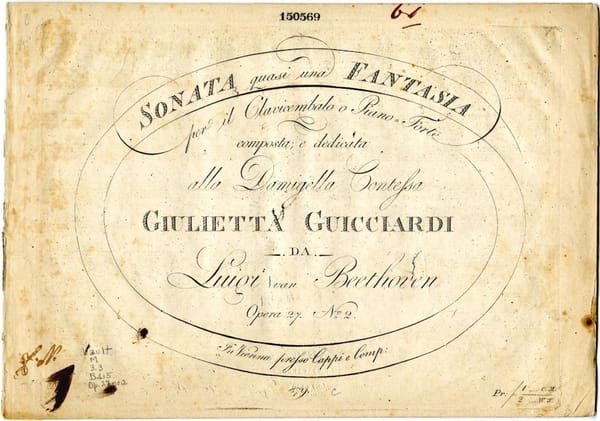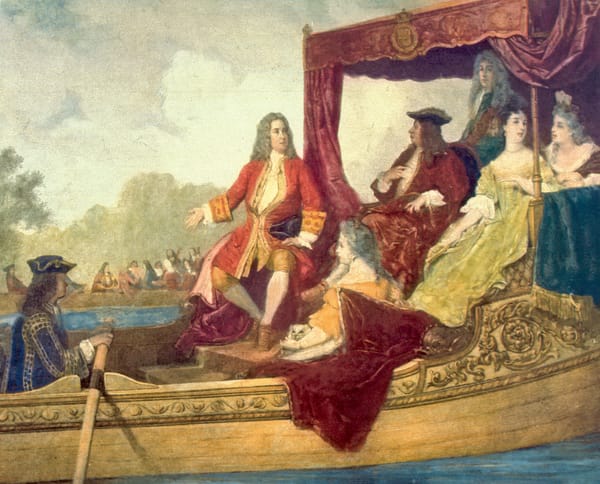STAR TENOR IN LPO GALA
Forty-six year old Lima-born celebrity tenor in his much-awaited London recital was accompanied by the London Philharmonic Orchestra conducted by Sascha Goetzel. Opening the concert on 29th March at the Royal Festival Hall with the overture to Rossini’s opera “La gazza ladra” (The thieving Magpie), the conductor set the stage to the ottocento, bel canto Italian first half. The overture to this opera, premiered at La Scala in 1817 is very popular in recorded collections though the opera itself is less widely known. Although rendered with high spirits it was oddly lacking in polish with military percussion a touch raucous. For the rest of the first half the interpolated overtures to Norma and La Favorita were most successful.
And then the man himself appeared on stage. Although described as an artist of many facets, he is supremely a tenor in the bel canto tradition compiling this programme of gems of the 19th century bel canto repertoire.
His opening offering of two of Rossini’s songs Addio ai Viennesi (1822) and Bolero (1835) were greeted inexplicably by much applause and bravos as if we were already at the end of the recital. It proved an inappropriate choice to start the evening. These two songs belonged to the world of the salon and would have suited the end of the programme rather better when his voice was fully warmed up and he was more relaxed.
The next group included music by that other great bel cantoist Vincenzo Bellini. The LPO rose to the demands to the stormy overture to the opera Norma creating an appropriately tragic mood. In the two Bellini excerpts (as well as the two Donizetti that followed) here was Flórez in more familiar repertoire and in which he made his early mark in the West. In that pure out-pouring of love from Arturo to his beloved Elvira, the hero of I puritani has a glorious example of the long line of spun-out melody that Verdi would so admire in Bellini’s music. Although the voice sounded healthy in itself with the famous high notes admirably ringing out, it was the breath-control that was defective. Tybalt’s aria “O di Capellio, generosi amici” from I Capuleti e i Montecchi (a retelling of the legend of Romeo and Juliet based not on Shakespeare but the original Italian texts) was the final Bellini choice.
The final group before the interval was from Gaetano Donizetti. The overture to La Favorita is a colourful drama of love death and Catholicism written for the Paris Opera in 1840. The little known opera Rita (or The Beaten Husband) written in just eight days has a spirited little aria for the timid husband Peppe. The great tragic bel canto tenor aria of 19th century romantic opera remains Edgardo’s final scene when he contemplates suicide from Lucia di Lammermoor (adopted from Sir Walter Scott’s historical novel). This was sung with great authority and plangent tone only lacking a more appropriately dark hue.
Coming back on stage to sing the second half Flórez was visibly more relaxed. Opening with two relatively unknown arias by Verdi he was not particularly convincing in either. From Verdi’s first completed opera Oberto, Riccardo introduces his bride the daughter of count Oberto who he has seduced and abandoned. In I Lombardi, Verdi turns a romance of the Crusades in to a story of Italians banding together in a common cause.
Verdi, Rossini and Donizetti all worked in Paris and influenced their French operatic disciples in the second half of the 19th century. The two French arias that showcased his plangent lyricism were both inspired by texts from Goethe. The voice opened up with startling lyricism and ringing top notes in the Cavatina “Salut! Demeure chaste et pure” from Gounod’s Faust. Equally suited in voice to the dark melancholy of Massenet’s “Pourquoi me reveiller” from Werther.
The official recital closed with Puccini’s heart-breaking aria of hope and longing in which Rodolfo introduces himself to Mimi “Che gelida manina” from La bohème. Taken too quickly for its real beauty to set in this was not an unqualified success. The voice is not a spinto although there is plenty of squillo at the top. Five encores followed starting with the second half of Ah! Mes amis with the nine top C’s from Donizetti’s comic opera La fille du regiment. He then came on stage to accompany himself on a guitar in Spanish songs including Besame mucho ending with Granada and Nessun dorma.





